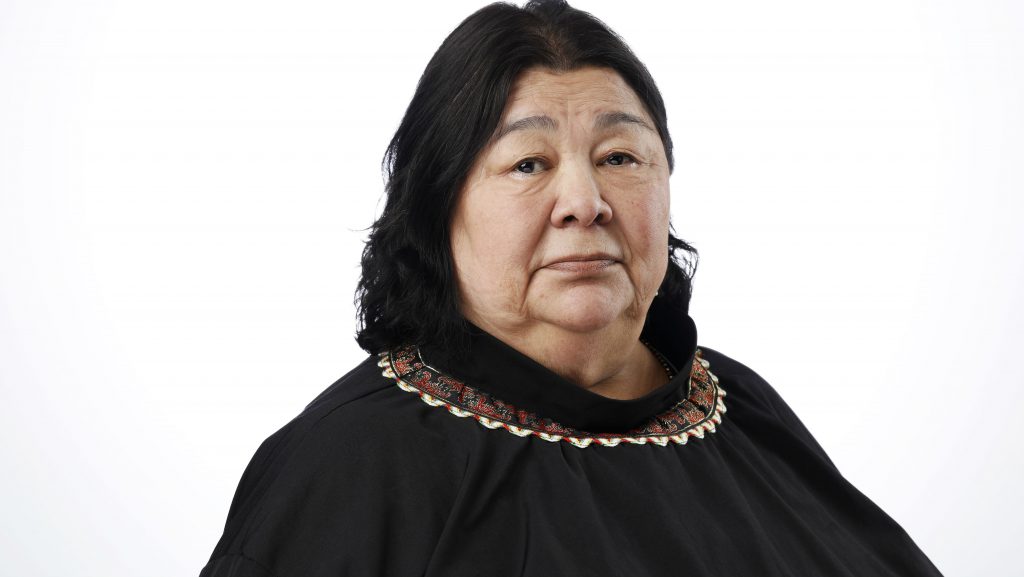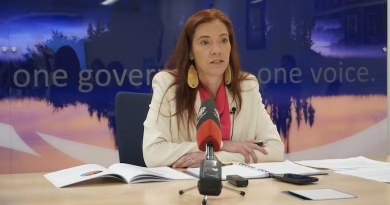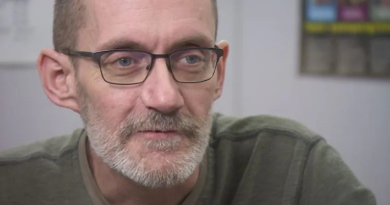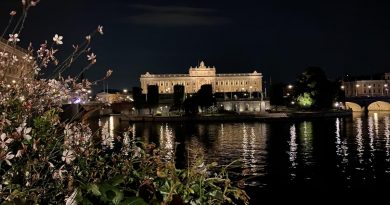Canadian FedElxn 2019: “The silence is deafening” on Arctic, says Canadian Inuit leader

When it comes to Arctic issues during the current federal election campaign, the silence is “deafening” says the president of the Canadian chapter of the Inuit Circumpolar Council (ICC).
The Inuit Circumpolar Council (ICC) represents the approximately 165,000 Inuit in Alaska, Canada, Greenland, and Chukotka, Russia.
“What affects us here in the North not only affects the rest of Canada but also the rest of the Arctic internationally,” said Monica Ell-Kanayuk in a phone interview with Eye on the Arctic.
She says that’s what made the lack of Arctic-specific conversations on issues like environment, health, shipping, and Arctic sovereignty during the current federal election campaign all the more striking.
“As a people of the Arctic, these issues, not just in Canada but around the circumpolar Arctic, are of concern to us,” she said. “Climate change affects us first. There’s health issues. There’s contaminants that are showing up in the Arctic. There’s been the sovereignty of the High Arctic that’s been an issue in the past and Arctic shipping with the heavy fuel oil and things like that.
“I think there’s been some interest in the Arctic, but not clarity on these issues.”
Ell-Kanayuk is not the only one to remark the lack of in-depth Arctic discussion.
Indigenous issues in general, and northern Indigenous issues specifically, have made barely a blip in the current campaign.
Arctic-specific issues were also completely absent from the two recent federal leaders debates last week — one was held in English on October 9 and one was held in French, Canada’s other official language, on October 10.
Inuit – the eyes and ears of the Arctic
Ell-Kanayuk penned her thoughts earlier this month in an op-ed titled The Arctic is being overlooked in this election (paywalled) published on October 9 in The Hill Times, a twice-weekly newspaper that covers Canada’s Parliament and federal politics.
She says things have improved little since then.
“I think it’s important that these issues are at least known,” she said. “I think the message is: Don`t forget about us. We’re here. Know what our concerns are.
“Because what’s important for Inuit is important to all Canadians, What happens in the North, is an issue for the rest of Canada.”
Canadians go to the polls on October 21.
Write to Eilís Quinn at eilis.quinn(at)cbc.ca
Related stories from around the North:
Canada: Canadian FedElxn 2019: 800 candidates, 40,000 tweets…. but only 7 mention Inuit? What gives?, Eye on the Arctic
Finland: Sámi Parliament of Finland torn on local rights, urban influence, Yle News
Norway: Political earthquake shakes up Northern Norway, The Independent Barents Observer
Russia: Career diplomat to represent Murmansk region in Russian senate, The Independent Barents Observer
Sweden: Sweden’s FM calls for more EU involvement in Arctic as country hosts EU Arctic Forum, Radio Sweden
United States: Finnish and US Presidents agree on Arctic security policies, Eye on the Arctic



